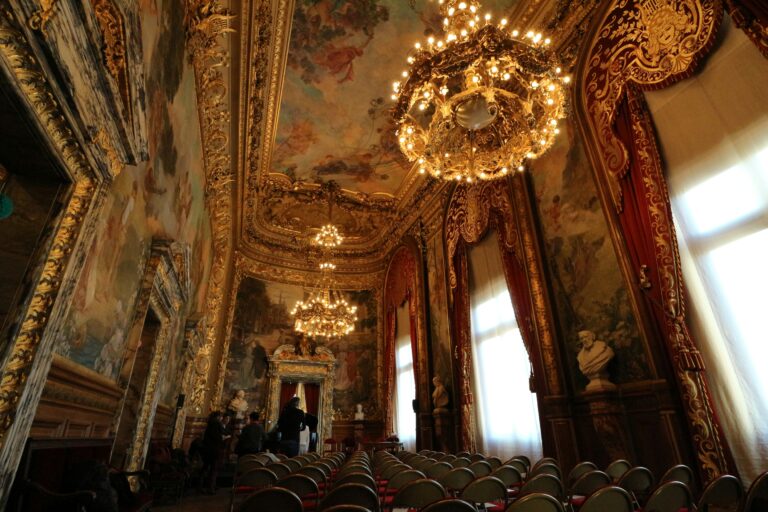nouveau position
The French adjective nouveau (new) and its variations (nouvelle, nouvel, nouveaux, nouvelles) can appear either before or after the noun. The position changes the meaning. When placed before the noun, it refers to a new instance or a different version of something already known. When placed after the noun, it emphasizes that the thing is…









